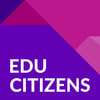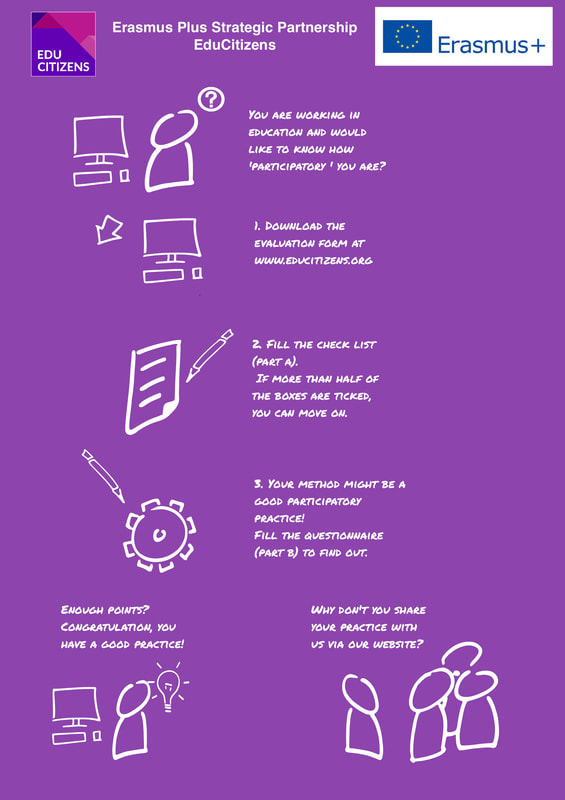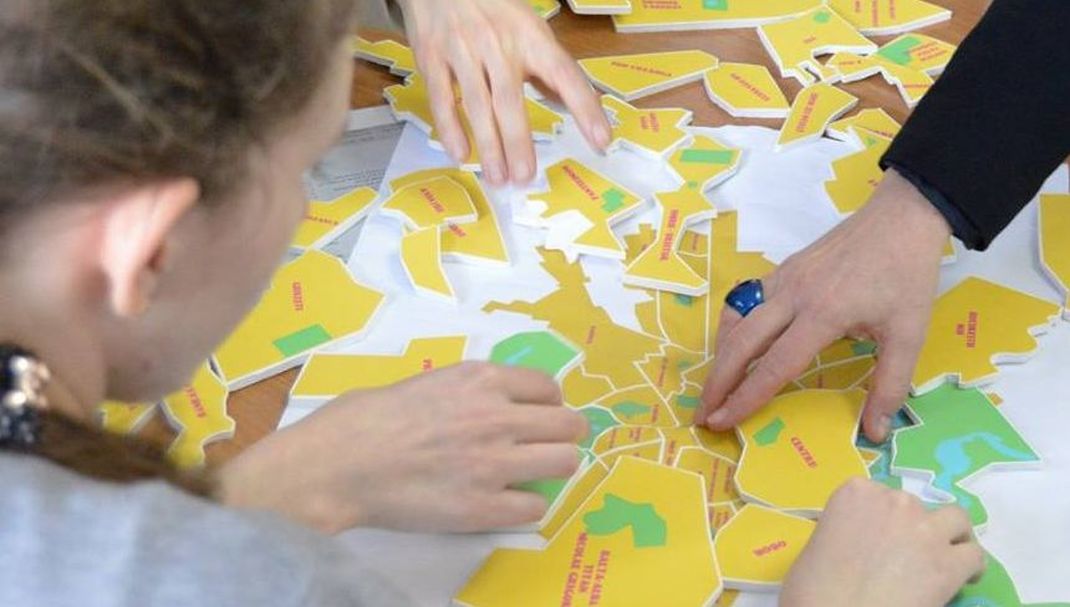/ definition
|
What are educitizens? The convergence of participatory media culture, diverse diasporic movements (the formation of dispersed populations that share common roots and identity), and frameworks for creating new commons (bottom-up means of managing shared resources) set the stage for re-articulating identity and community in a global society. Education will find itself a contested resource in the crossroads of these forces of change. It will become part of the civic discourse in multiple new kinds of public forums and spaces as “educitizens” make visible the status of schools and of educational decision-making, resources, and activities in their communities. / knowledgeworks foundation |
/ diversity
|



